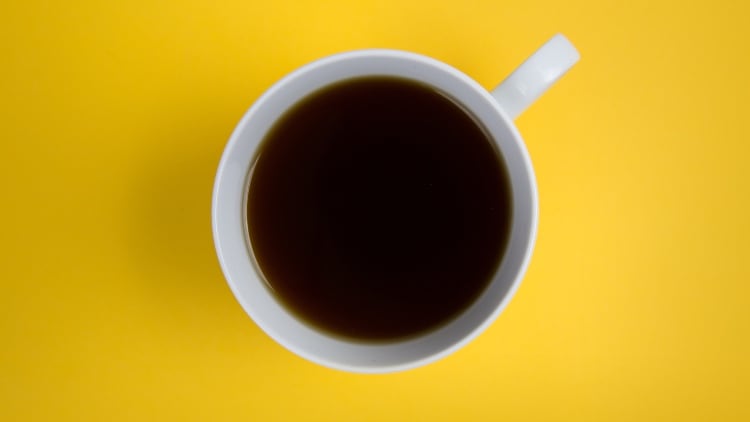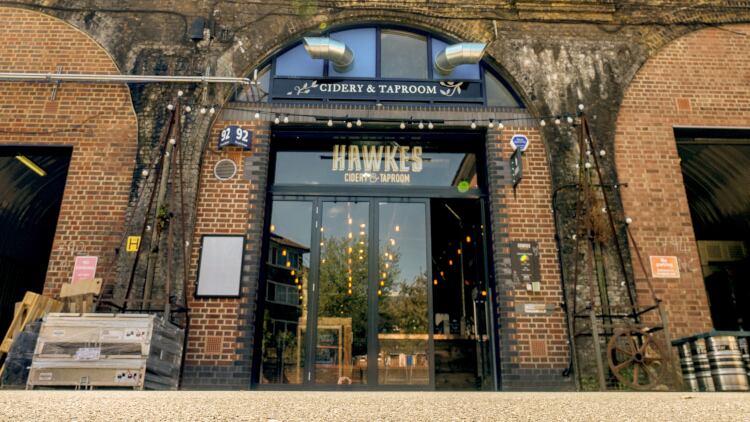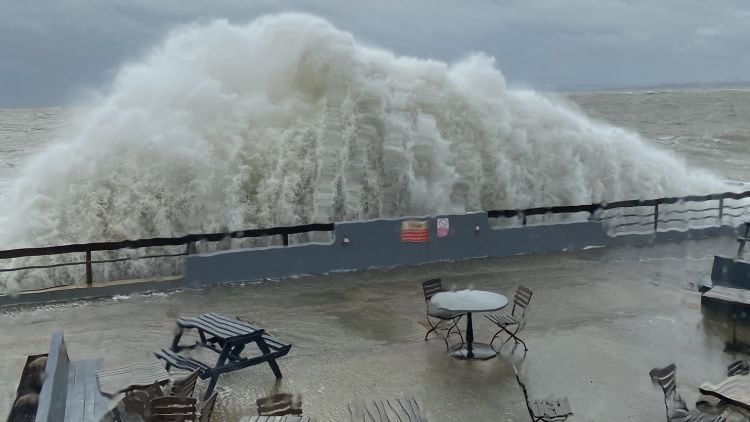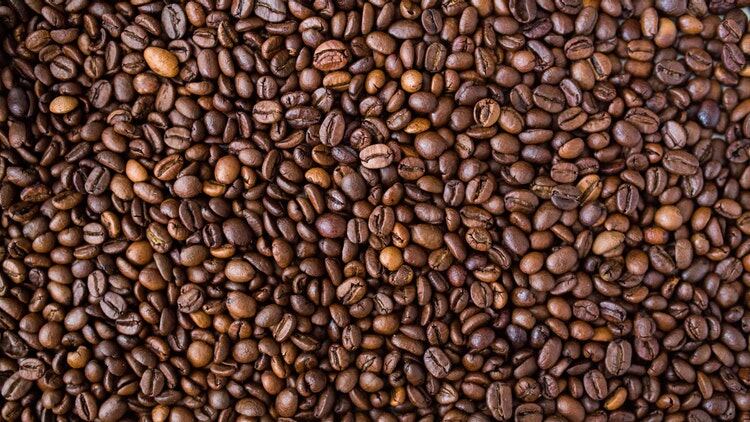Speaking at MA500 London following the launch of coffee supplier UCC’s new video series COFFEEWORKS TV – a project comprising four videos with the aim of helping operators deliver a quality coffee offer – Davies explained that it was better latte than never for publicans who haven’t already branched out into coffee.
The coffee expert, who has more than a decade in the industry in roles from barista to account manager and is the former manager of a boutique hotel, outlined five key focus areas for improving a site’s coffee offer.
Train, train, train where it’s needed
Davies stressed the importance of investing in the right staff training to give teams the confidence to upsell and communicate with customers during the different day parts where demand for coffee is at its strongest.
Harking back to his time managing a boutique hotel, he claimed that his wider offer was something to be proud of with the exception of his site’s coffee, which he described as “abysmal”. However, he recalled that the training he received was “a tick-box exercise” and came from “trendy, cool baristas who spoke in riddles”.
“It made them feel good but it damaged my business,” he explained. “My coffee offer was just as mediocre as everyone else’s on the high street.”
“The worst thing for me was that regardless of how much training or support I asked for, it never got any better. I’m not embarrassed to say I’d tell customers the machine was broken rather than make them a cup of coffee.”
Get the basics correct
On top of seeking out the right staff training, Davies added that it was important for operators to focus on getting the basics of coffee service right rather than chasing the latest trends.
“The mysterious and guarded way baristas teach us often leads us to look in the wrong places and chase trends,” he explained.
Rather than plumping for the likes of nitro and cold brew coffee, Davies stressed the importance of getting a core coffee menu right rather than investing in styles and equipment that a site can’t deliver. “All the gear and no idea springs to mind,” he summarised.
Customers want consistency of quality
Consistency is the number one problem for operators looking to achieve red-hot coffee sales according to Davies, who argued that choosing the right equipment was key.
“There are more ingredients in a ham and cheese toastie, which we don’t seem to have any trouble with,” he explained, bemoaning the lack of consistency in on-trade coffee despite it only comprising two ingredients.
He explained that it was essential to choose the right coffee machine to suit business model and capabilities, get hold of the right ingredients to suit customer taste, and then understand that the two have to work in harmony.
Davies warned that while traditional machines may satisfy the purists and are cheaper to purchase than fully and semi-automatic alternatives, they are the most expensive to run given the amount of training required and the fact they need multiple staff to operate. “You have to have experts. Unless you have a plan to employ experts, it’s the worst possible machine.”
Davies added that fully automatic and semi-automatic machines demanded operators nail the essential three and 13 key steps, respectively, to deliver a perfect coffee, compared to 20 demanded by traditional machines.
Three golden rules
Davies outlined “three really simple rules” for operators to follow – keep coffee fresh, store milk correctly and clean machines properly – arguing that 75% of machine breakages come from not nailing these three things.
“Coffee [when it comes to its freshness] is practically the same as a loaf of bread,” he explained. “The minute you open a bag, you have four hours – the clock has started ticking. You need to slow that down by sealing the bag.”
What’s more, he described the level of coffee wastage in the on-trade as “mental”. “Every single coffee bean you serve has been on an 18-month journey, but you often ruin it in 10 seconds,” he said.
Davies added: “We all know to keep the milk in the fridge, except when it comes to the coffee offer when we leave it on the side – bonkers.
“Using milk at room temperature is going to immediately lower the standard of your drink and can block up the machine, which will cost you money.”
Rounding off his three golden rules, Davies stated that operators needed to apply lessons from chef culture to their coffee offer by leaving everything spotless at the end of service, otherwise machines would break and lead to additional costs.
Sell one more cup of coffee per day
With 90m cups of coffee consumed every day in the UK – with more than half of consumers buying out of home three times per week – Davies outlined that coffee was too big a commercial opportunity for pubs to ignore.
What’s more, with consumers willing to spend £2.40 on average for a cup of coffee, he explained that selling one more cup of coffee per day could add around £800 to a pub’s annual revenue.
“If you get it right, it’s going to have a positive impact on your business.”




